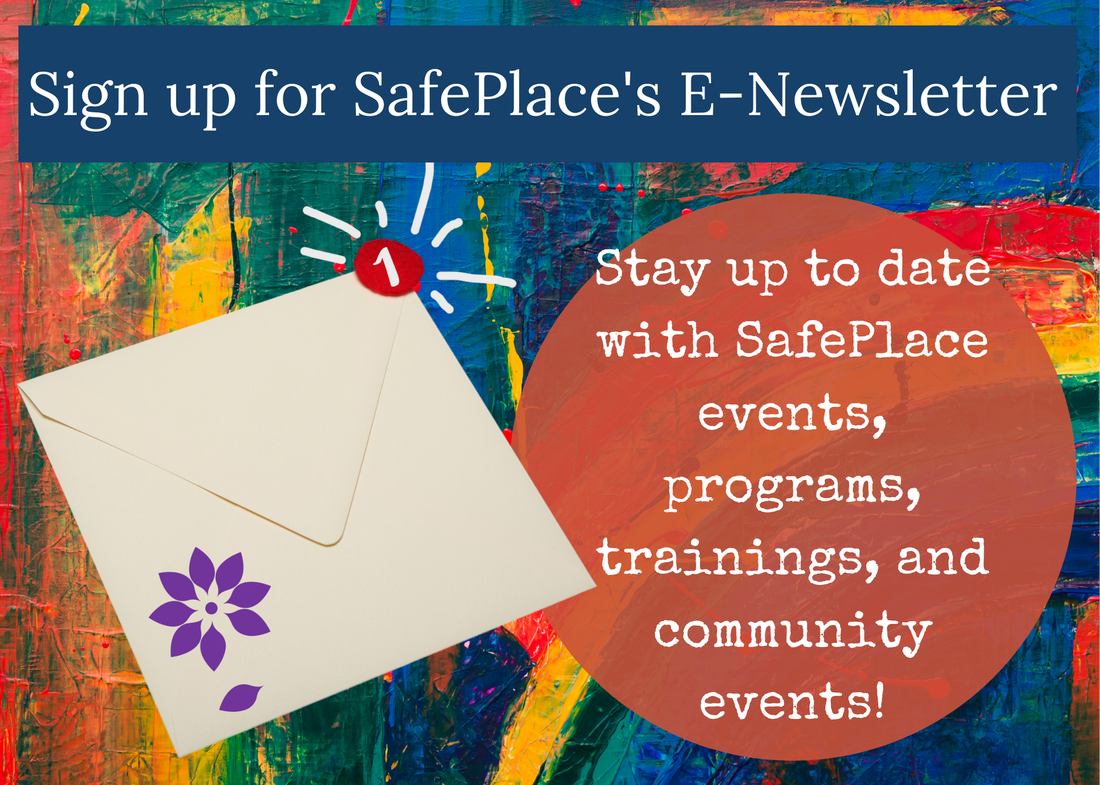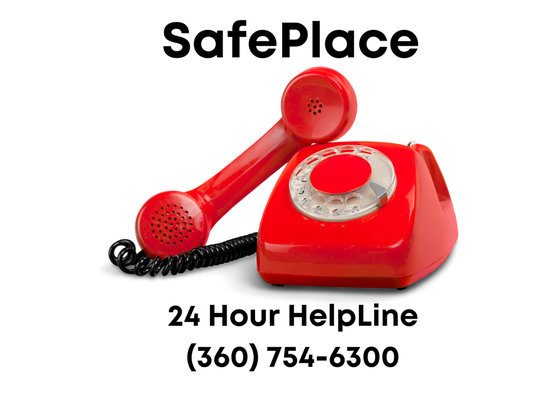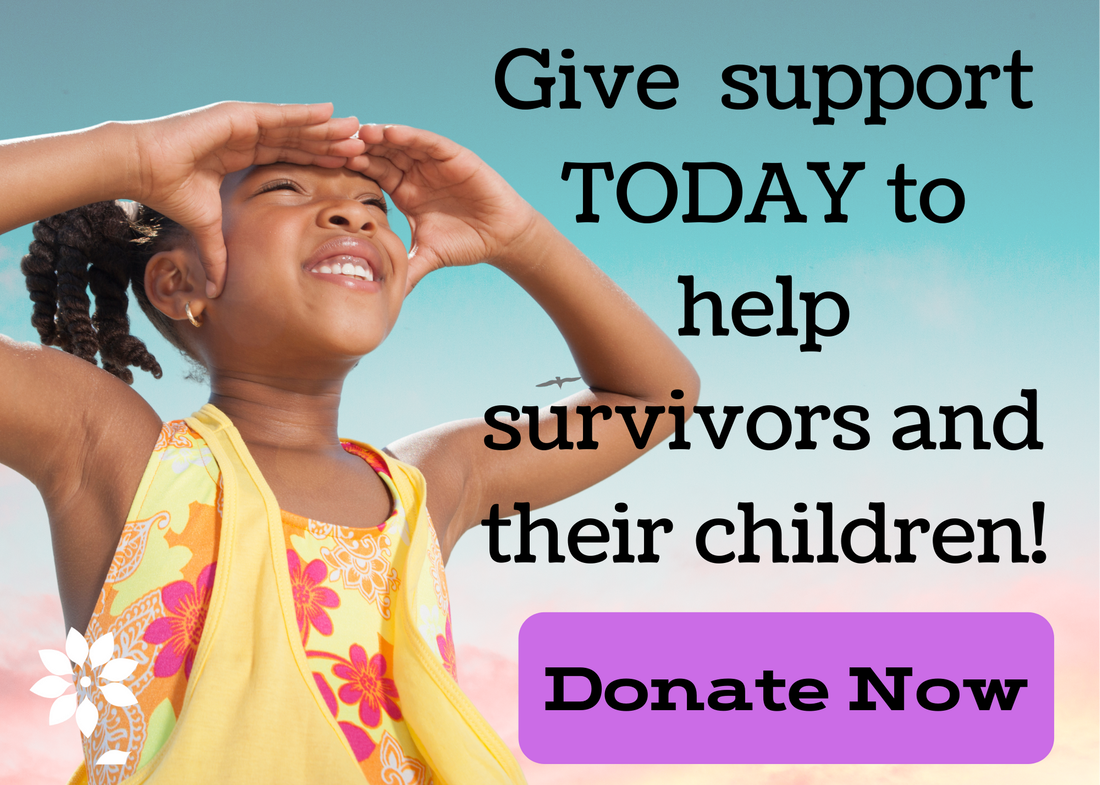What is Sexual Assault?
Sexual assault includes any sexual activity involving someone who did not or could not (due to age or incapacitation) give consent.
It is ironic that our greater movement refers to sexual assault by that name because it is not about sex. There is nothing sexual about it for the victim and, often, it is not sexual for the perpetrator. Sexual assault is about power and control. It is the subjugation of someone with less power or someone different. It is humiliation and violence. It is a violent assault acted out in a sexual way.
SafePlace uses the term "sexual assault" as an umbrella term for many types of rape, date or acquaintance rape, stranger rape, incest, molestation, child sexual abuse, statutory rape, sexual (or street) harassment, sexual coercion, sexual exploitation, human trafficking, and survival sex.
Sexual abuse crosses racial, religious, cultural, sexual and gender lines. It impacts children, youth, adults and the elderly throughout our country. Statistics show that three out of four survivors are assaulted by someone they know, an acquaintance, family member, friend, dating partner or spouse. Even worse, ninety percent (90%) of child sexual abuse is perpetrated by someone the child knows.
It is ironic that our greater movement refers to sexual assault by that name because it is not about sex. There is nothing sexual about it for the victim and, often, it is not sexual for the perpetrator. Sexual assault is about power and control. It is the subjugation of someone with less power or someone different. It is humiliation and violence. It is a violent assault acted out in a sexual way.
SafePlace uses the term "sexual assault" as an umbrella term for many types of rape, date or acquaintance rape, stranger rape, incest, molestation, child sexual abuse, statutory rape, sexual (or street) harassment, sexual coercion, sexual exploitation, human trafficking, and survival sex.
Sexual abuse crosses racial, religious, cultural, sexual and gender lines. It impacts children, youth, adults and the elderly throughout our country. Statistics show that three out of four survivors are assaulted by someone they know, an acquaintance, family member, friend, dating partner or spouse. Even worse, ninety percent (90%) of child sexual abuse is perpetrated by someone the child knows.
9 Ways You Can Prevent Sexual Assault
Sometimes preventing sexual assault feels impossible, like an issue too broad to address with a single person’s actions. There is a lot that you can do as in individual, as a parent, as a business owner, or as a member of our community, to prevent sexual assault.
- Be a myth-buster: Educate yourself! There are many myths out there about sexual violence. Taking time to “bust” the myths around sexual assault will go a long way. For example, nearly 90% of sexual assaults are actually not perpetrated by a stranger, but a friend, family member, significant other, or acquaintance of the survivor.
- Sharing is caring: Take what you learn and share it with family, friends, and coworkers.
- Roles and stereotypes: Look closely at gender roles and stereotypes. Studies find that most perpetrators have a rigid sense of gender roles, masculinity, femininity, and homophobia. Next time you tell a child, “Girls don’t play with trucks!” or “That’s not a boy’s color!”, think about what message is underneath that and where it comes from. Homophobia has a direct link to sexism and sexual violence.
- Analyze this: Stop and think about what our media feeds us. Take a moment to look for yourself at what the media tells us about the way men and women should be and interact with each other. Spend time with loved ones or kids helping them start to see the hidden messages of violence and sexual violence in our media. Don’t just take it in without critically thinking.
- Be the change you wish to see: Model healthy relationships to others. Making an effort to continually treat people with respect sends many positive messages to our friends and family. You deserve healthy relationships!
- Rape isn’t funny: Yes, people do make jokes about rape and sexual assault. If you hear a joke like that, politely explain that it is a real issue that dramatically impacts people’s lives. You might get negative attention for being “a downer,” but isn’t it worth it in the long run?
- Don’t fund sexism: Consumer activism is powerful. Don’t buy magazines, rent movies, or subscribe to websites that portray women or men in sexually degrading ways.
- Speak up for survivors: Let people in your life know that you are connected to resources for survivors or willing to talk about the sensitive issues of sexual violence when they arise. This will mean a great deal to anyone in their time of need.
- Volunteer! Check with SafePlace's Volunteer Opportunities to see if and when our SARP volunteer position is available.
What to do if you've been assaulted
If you're in an emergency situation, call 9-1-1. For assistance and support with medical examinations and appointments, call our 24 Hour HelpLine and ask to be connected with a SARP Advocate. Our Legal Advocates are just a phone call away as well, who can help guide you through the complications of paperwork and court appointments.
There are many other ways to work to end sexual violence in our community. Please feel free to contact Kayla at kaylay@safeplaceolympia.org if you would like to learn more.



